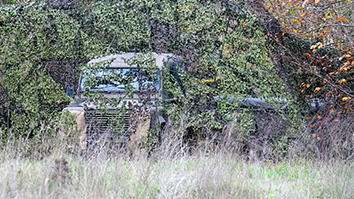Citation
Karp P.D., Wilkins D.C. An Analysis of the Distinction Between Deep and Shallow Expert Systems. International Journal of Expert Systems, vol. 1, no. 2, pp. 1-32, 1989.
Abstract
The first generation of expert systems e.g., MYCIN, DENDRAL, R1 is often characterized as only using shallow methods of representation and inference, such as the use of production rules to encode empirical knowledge. First-generation expert systems are often dismissed on the grounds that shallow methods have inherent and fatal shortcomings which prevent them from achieving problem-solving behaviors that expert systems should possess. Examples of such desirable behaviors include graceful performance degradation, the handling of novel problems, and the ability of the expert system to detect its problem- solving limits. This paper analyzes the relationship between the techniques used to build expert systems and the behaviors they exhibit to show that there is not sufficient evidence to link the behavioral shortcomings of first-generation expert systems to the shallow methods of representation and inference they employ. There is only evidence that the shortcomings are a consequence of a general lack of knowledge. Moreover, the paper shows that the first-generation of expert systems employ both shallow methods and most of the so-called deep methods. Lastly, we show that deeper methods augment but do not replace shallow reasoning methods both are necessary.


